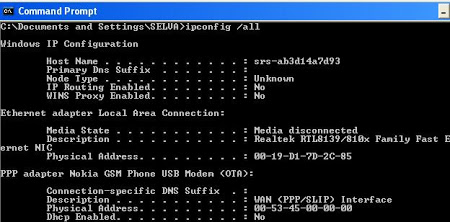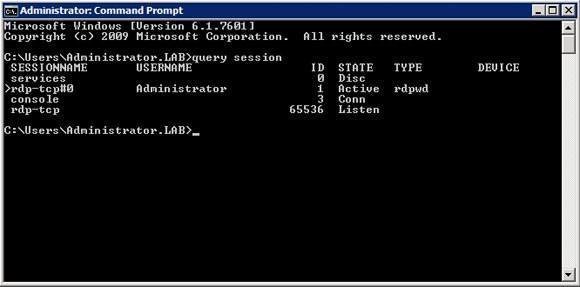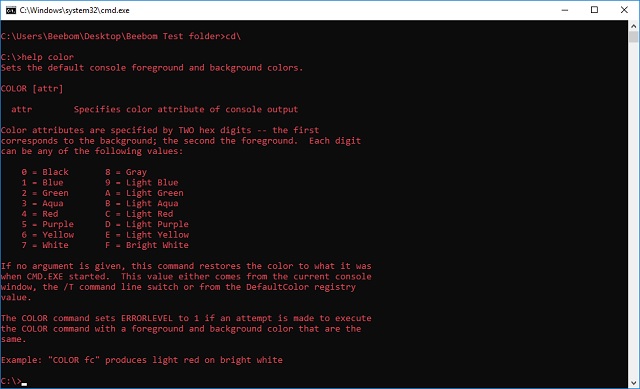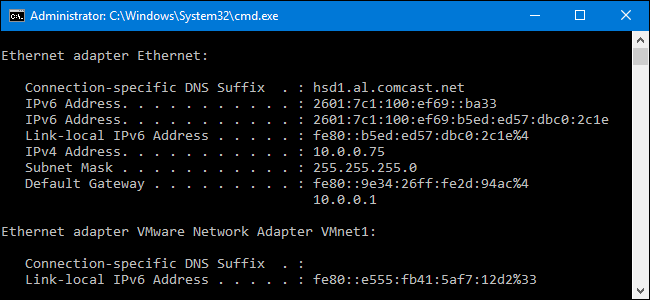

(This command won’t clear your full Clipboard history though, so you’ll have to use Windows 10’s Clipboard settings to do that. I can then attach this log to my response.Entering this string into the Command Prompt clears the last item on your Clipboard-helpful when you’ve copied sensitive information and are done with it. They will tell me that I have an infected machine. I use this approach because we are a smaller IT department within a much larger organization. If I run any other commands as I investigate, then they are logged too. I just copy and paste this into the console. The get-process and get-service don't expose those. I use wmi to get processes and services because you can see the command that started the process. Because I know I am logging the session, I do run some extra commands to record the general environment. If you run start-transcript at the start, your whole console session is logged to a file. Get-ItemProperty hklm:\SOFTWARE\Microsoft\Windows\CurrentVersion\RunĪ few key things I want to point out. Get-WmiObject win32_service | ft name, pathname -auto Get-winevent -logname "Microsoft-Windows-AppLocker/EXE and DLL" | ft time*, message -auto Get-WmiObject win32_process | ft name, path -auto # Collect everything about running processes Get-WmiObject win32_operatingsystem | fl Name, Description, OSArchitecture, Caption,BuildNumber Get-Qadcomputer $pcname | Format-List Name, ParentContainer, ModificationDate, Description
Useful command prompt commands update#
#Get AD Info (using quest tools, I know I should update it) Start-Transcript "N:\$PCName.log" -Append #this logs all commands and output to a file I run this when doing a remote malware assessment: $PCName = "John097"


Hugely helpful for executing commands as a user/network service/local system with a few minutes or once imdediately. Group policy report based on your account and the winning GPO for that system

View the contents of the local ARP cache tableĭisplay All connections and listening portsĭo not resolve addresses to hostnames. I'm pretty sure you guys know all of them, but the ones that come to my mind so far are: PromptĬheck if there's connection to a network device I'm interested in all kinds of useful command line prompts for troubleshooting in a Windows environment.


 0 kommentar(er)
0 kommentar(er)
